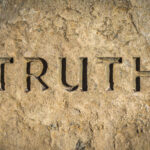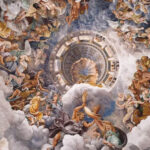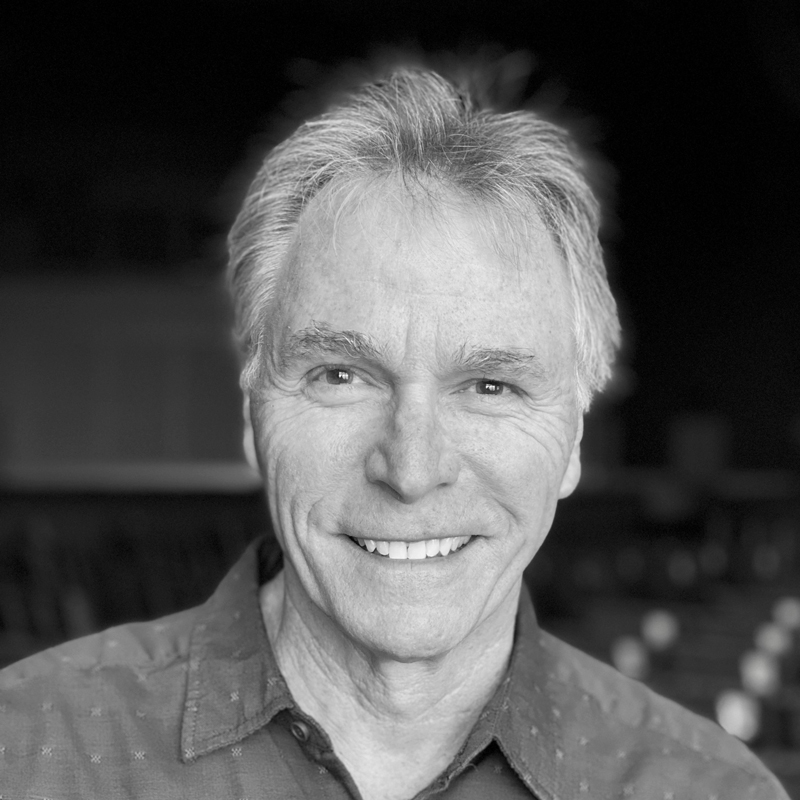The Other Twelve Stones

Share this post
W hen the Israelites crossed over the Jordan River to enter the Promised Land, they experienced the supernatural provision of God. The waters parted as the priests with the ark of the covenant made their way into the water. The priests stood in the middle of a now dry riverbed with water walled up in a heap. And twelve men each gathered one stone from the place where the priests were standing. God had instructed Joshua to have the men take these stones and construct a memorial on the Promised Land side of the Jordan River.
When future generations ask what these stones mean He said, “Then you shall answer them that the waters of the Jordan were cut off before the ark of the covenant of the Lord; when it crossed over the Jordan, the waters of the Jordan were cut off. And these stones shall be for a memorial to the children of Israel forever.” (Joshua 4:7)
The argument can be made that the most prevalent sin in the Old Testament was the sin of forgetfulness. Too often, people just forgot God was faithful and that He was with them.
The argument can be made that the most prevalent sin in the Old Testament was the sin of forgetfulness. Too often, people just forgot God was faithful and that He was with them. This is why God is fond of telling us, “Remember, remember, remember.” I believe, as long as we’ve been alive, God has given us just a taste of what He wants to do in and through us. He has proven Himself faithful in the past. So, what do we have to lose; let’s believe Him for big things for the future.
There’s part of that river-crossing story that’s easy to forget. We’re often focused on the twelve stones that got stacked on the dry side of the Jordan. That memorial became a visible reminder for all to see. But you may not remember that there was another stack of twelve stones in the story. After the twelve men took twelve stones from the riverbed, (Josh. 4:9) “Then Joshua set up twelve stones in the midst of the Jordan, in the place where the feet of the priests who bore the ark of the covenant stood; and they are there to this day.”
Joshua set up twelve stones in the middle of the riverbed at the place where the priests stood while the people crossed. This memorial of twelve stones would be covered over by the returning waters of the river when the miracle was complete. Out of sight, out of mind.
It’s this twelve-stone memorial I find most intriguing. To me it speaks of hiddenness and of mystery. It reminds me that God works in unseen ways. It tells me that many of our faithful acts of obedience may be forgotten by others but never forgotten by God.
It’s this twelve-stone memorial I find most intriguing. To me it speaks of hiddenness and of mystery. It reminds me that God works in unseen ways. It tells me that many of our faithful acts of obedience may be forgotten by others but never forgotten by God. It’s a kind of reminder that God sees everything and that our faithful memorials to God are no less real even when they can’t be seen.
I believe that much of the God-empowered influence of your life and the lives of other believers is easy to see—visible to you and to others. But I’m also convinced, that among the faithful are other memorials to God that are less visible. These unseen or forgotten acts of love and service are just as real. In a culture that craves attention and grabs for credit, some among us are faithfully loving others from the shadows of the ordinary. Your acts of love and service, of generosity and kindness, of devotion and sacrifice may go unnoticed or unaccounted for by everyone—everyone but God that is.



